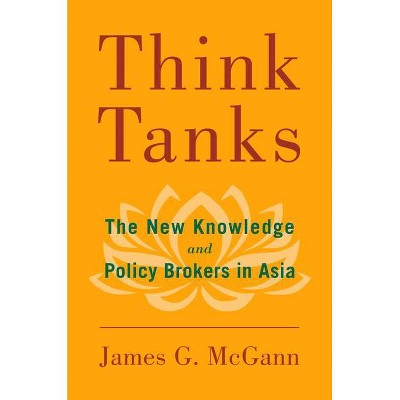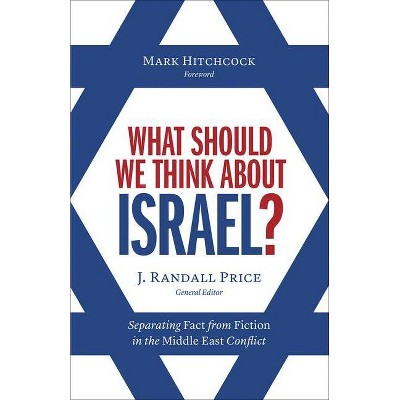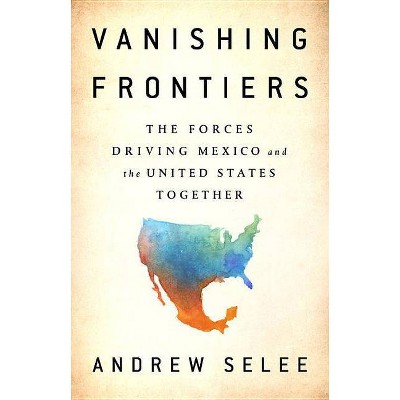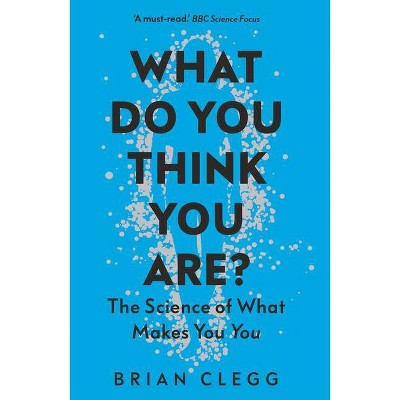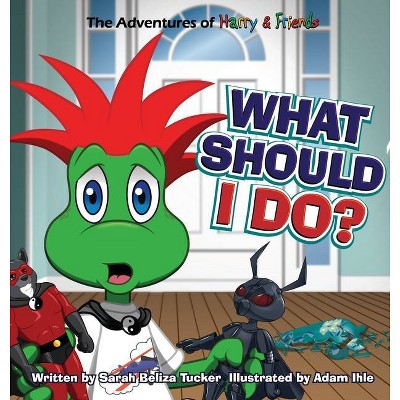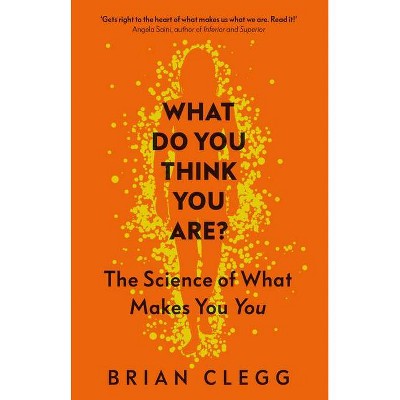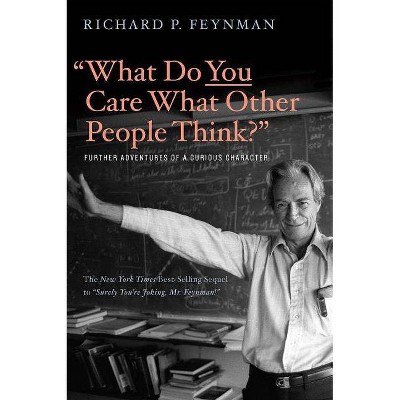What Should Think Tanks Do? - by Andrew Dan Selee (Paperback)
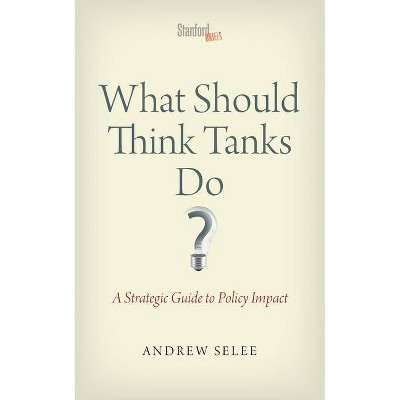
Similar Products
Products of same category from the store
AllProduct info
<p/><br></br><p><b> About the Book </b></p></br></br>Andrew Selee's <i>Planning for Impact in Policy Research</i> is the first strategy book intended exclusively for think tanks. Adapting lessons from business and non-profit management to the world of research organizations, Selee lays out a comprehensive plan for how these kinds of organizations can truly make a difference in policy decisions.<p/><br></br><p><b> Book Synopsis </b></p></br></br>Andrew Selee's <i>Planning for Impact in Policy Research</i> is the first strategy book intended exclusively for think tanks. Adapting lessons from business and non-profit management to the world of research organizations, Selee lays out a comprehensive plan for how these kinds of organizations can truly make a difference in policy decisions.<p/><br></br><p><b> Review Quotes </b></p></br></br><br><i>What Should Think Tanks Do? A Strategic Guide to Policy Impact</i> should be considered mandatory reading for anyone that is a part of a think tank operation, be it governmental, NGO, academic, or corporate.--James A. Cox "<i> Midwest Book Review </i>"<br><br>Contrary to its title, Andrew Selee's <i>What Should Think Tanks Do?</i> is not a book of prescriptions. Instead, it is a tool for thinking. It offers a set of principles and illustrative cases that, taken together, incite a reader to think clearly and creatively about how an organization might make the most valuable contributions possible to important public issues. Anyone who works in a public policy arena and struggles with questions of how best to spend their time and resources for maximum impact can potentially benefit from a couple of quiet hours' concentration on this short, engaging book . . . [<i>What Should Think Tanks Do?</i>] offers a great deal of ground truth and perspective about what it takes to successfully steer a policy-oriented team or organization in today's challenging public policy environment.--Jacqueline Meszaros "<i>Science and Public Policy</i>"<br><br>Selee has produced a highly practical guide to help think thinks improve their strategic planning, performance, and impact. In a highly competitive and information rich world, think tanks and other knowledge-based organizations must make strategic choices regarding staffing, technology, and engagement. <i>What Should Think Tanks Do?</i> provides the tools for effectively managing these complex challenges and choices.--James G. McGann, Director, Think Tanks and Civil Societies Program "University of Pennsylvania"<br><br>The chasm between good ideas and making policy has confounded Washington for too long. Andrew's concise and informed work builds a bridge to connect these two realms and maps the five steps to successfully walk across it. Whether an academic or a legislator, think tank or government staffer, if you care about turning good ideas into good policy, Andrew's book will guide you down the right path.--Barry Jackson "former Senior Advisor to President George W. Bush"<br><br>The policy world is filled with voices clamoring to be heard, but few organizations are consistently successful at getting the ear of policymakers and shaping the ideas that become part of public debate. This book shows how organizations that care about influencing policy can take a strategic approach to impact and deliver results.--Jane Harman, Director, President, and CEO of the Woodrow Wilson Center "former Member of Congress"<br><br>This interesting and thoughtful treatise offers practical advice that will help think tank directors better manage how their organizations engage in research, and how they communicate their findings to multiple target audiences. It should prove enormously helpful both to think tanks and to scholars who study these complex and increasingly visible organizations.--Don Abelson "The University of Western Ontario"<br><br>With its focus on outcome-oriented strategies, <i>What Should Think Tanks Do?</i> is essential for the directors and funders of think tanks, who want their institutions to make a real difference in informing and influencing public policy.--Paul Brest "Stanford University, former president, William and Flora Hewlett Foundation, and co-author, <i>Money Well Spent: A Strategic Plan for Smart Philanthropy</i>"<br><p/><br></br><p><b> About the Author </b></p></br></br>Andrew Selee is Vice President of Programs at the Woodrow Wilson Center and former Director of its Mexico Institute. He has been a congressional staffer and served as staff and on the board of several non-profit organizations. He teaches at Johns Hopkins University and George Washington University and writes extensively on international affairs.
Price History
Price Archive shows prices from various stores, lets you see history and find the cheapest. There is no actual sale on the website. For all support, inquiry and suggestion messagescommunication@pricearchive.us
